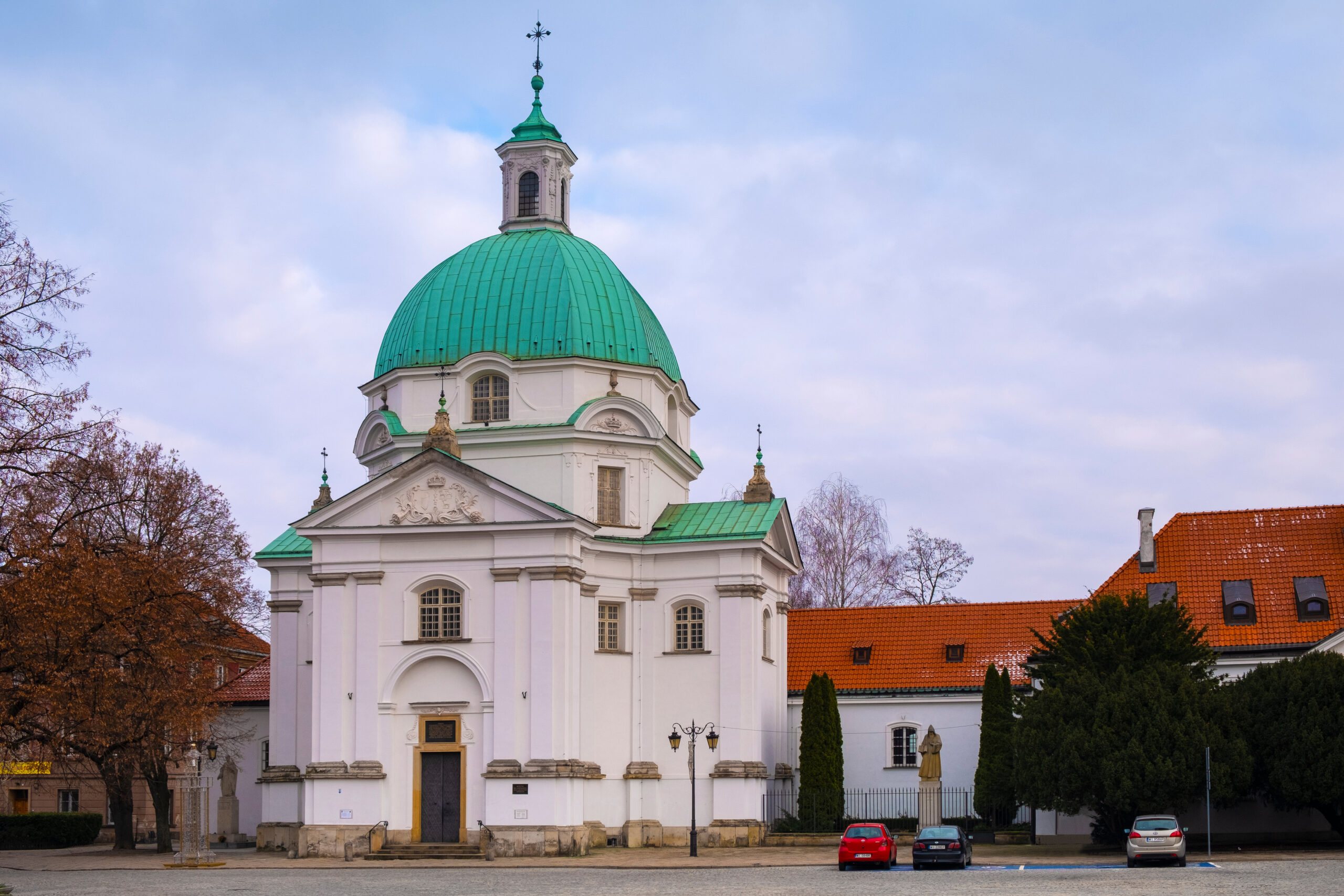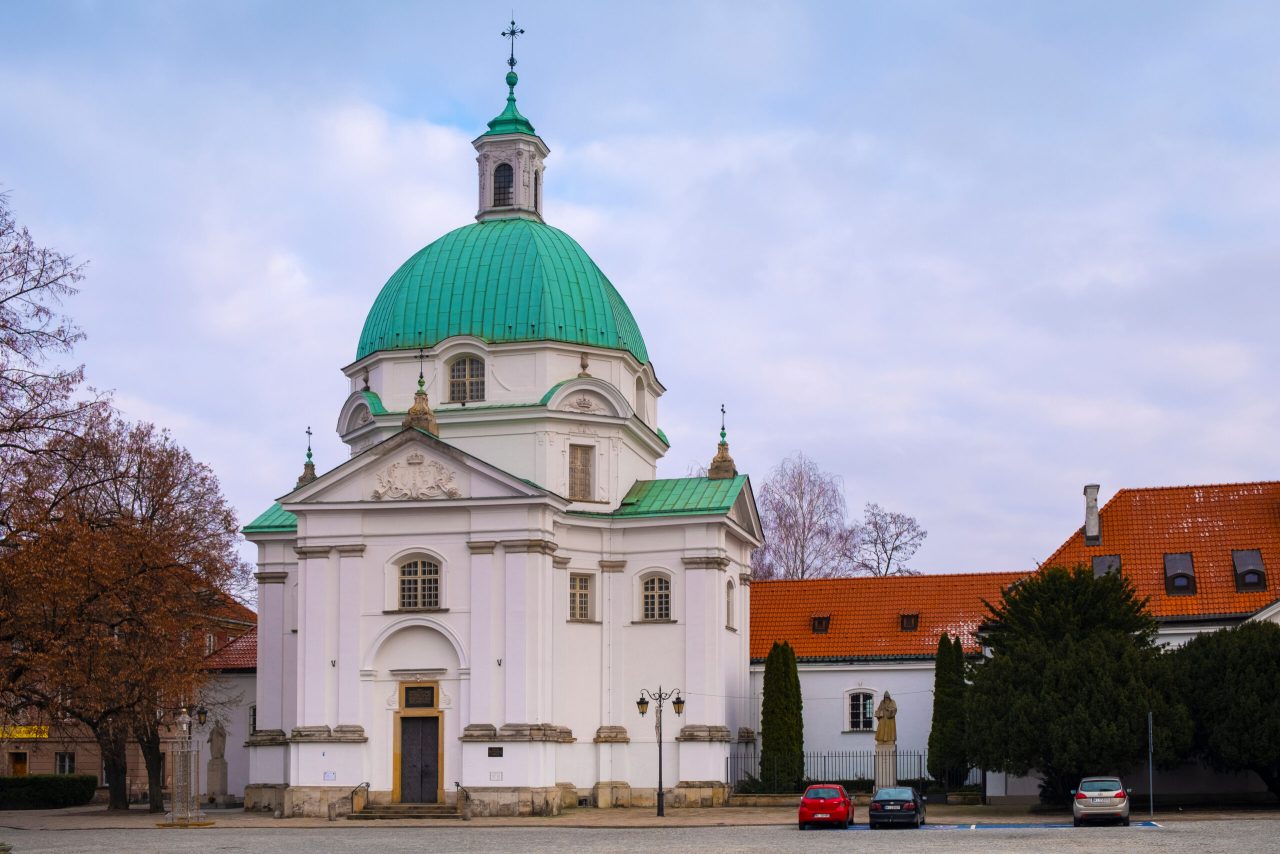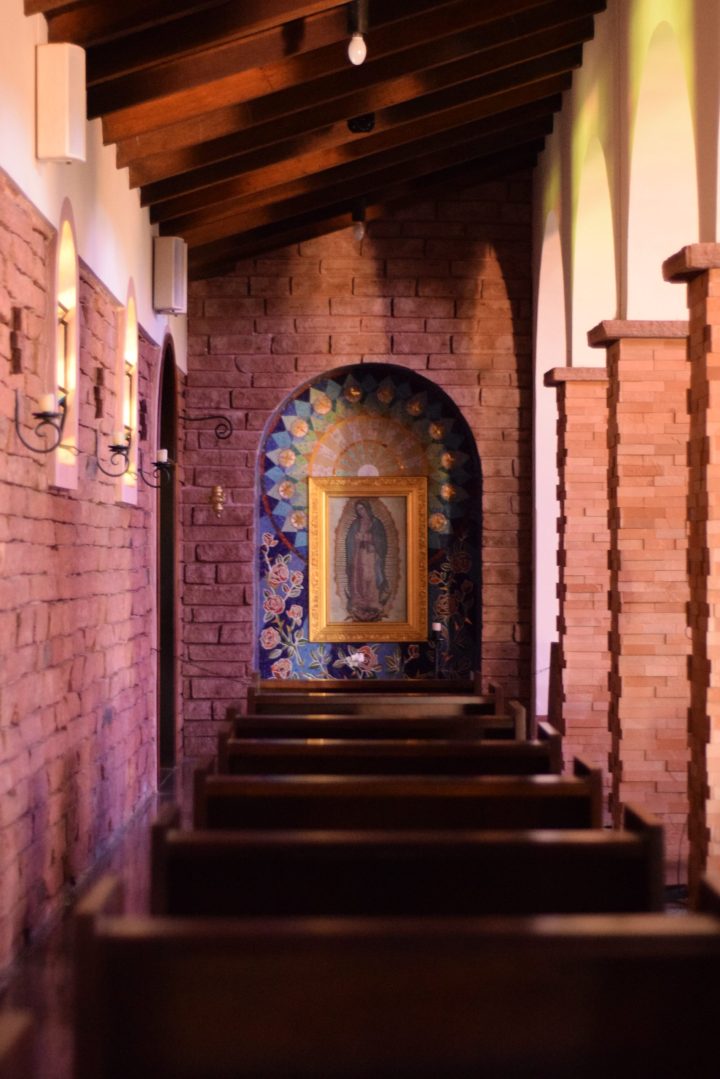
The twentieth century witnessed humanity’s brutal capacity for violence. Between genocides, wars, and barbarism disguised as “progress,” no system was quite so oppressive as communism. A scourge that afflicted nearly every populated continent, communism’s global reach produced regimes that were alike in brutality and ideology, albeit with different national characters. In reading memoirs of survivors of communism, it is astonishing how similar their experiences were, despite drastically different geographic, cultural, and religious backgrounds.
Within the Catholic context, these memoirs become even more interesting to read in comparison. The Catholic Church was particularly targeted by atheistic communist regimes as an outdated “opiate of the people.” From a complete outlawing of religion, to an attempted subversion of doctrine, to the daily white martyrdom of social ostracization, Catholics under the communist yoke worldwide were faced with deep, existential challenges to their Faith.
As Aleksandr Solzhenitsyn reflected in his landmark Gulag Archipelago, “at what point could we have resisted?” The totalitarian grip, coupled with regimes’ gradual implementation of repressive laws, left little opportunity for meaningful organized resistance. Whereas in Nazi Germany, for example, stories of heroic resistance groups such as the White Rose abound, such organization and vision was more difficult under communism, leaving many feeling helpless to effect change.
For Catholics, resistance began at home. Preserving one’s soul, receiving the sacraments, and staying in the state of grace were the first bulwarks against indoctrination, persecution, and despair. Knowing, keeping, and sharing the Faith whenever still possible comprised the stuff of sainthood. For priests and religious, their very identity in their vocation put a target on their backs. Simply carrying out the usual duties of their state in life proved to be acts of resistance. For some, fidelity to their vocations escalated to the point of death. For others, their private suffering provided opportunities for abundant graces.
Two (auto)biographical books published in 2022 by Arouca Press underline the unique experiences of priests and religious under the communist regimes of Poland and Albania. In the next installment, I will discuss From the Depths of Hell I Saw Jesus on the Cross, the heroic and dramatic life of Dom Simon Jubani, imprisoned and tortured for the Faith in Albania.
“The only thing is to do everything together with Him.”
For Their Sake I Consecrate Myself chronicles the life of Polish nun of Perpetual Adoration Sister Maria Bernadette of the Cross, who lived from 1927 to 1963. The title is taken from Sister’s writings, signaling her intention to offer up the pains of her lifelong illness in reparation for the sins of Polish priests who had capitulated under pressure to collaborate with communism.
Known as “Patriot Priests,” these collaborator clergy were known to promote communist propaganda, cause moral scandals, and even abandon their priesthood altogether.
Sister Bernadette was greatly disturbed by this phenomenon, to the point of mystical experiences of spiritual pain and disgust over the matter. In the throes of pain just before a surgery, Sister Bernadette offered up her suffering for these priests, imploring “Cut me in strips but let them return to You and give You glory.”
Born Roza Maria Wolska, the third child of a middle-class family near Lvov, Sister Bernadette was no stranger to abandonment by authority figures, as her own father left the family in the 1930s to settle in France. One can see how, through this early pain–and through the grace of forgiveness–God was beautifully preparing her to be particularly sensitive to abandonment by spiritual fathers.
God was preparing her soul in other ways, too.
Sister took vows in 1951. While the Benedictine convent was dedicated to the interior life, it was also all too familiar with resistance to tyranny. During the 1944 Warsaw Uprising, the nuns had refused to leave their convent, remaining to offer prayer and sacrifice. One sister explained their motivation: “Sacrifices need to be made so that Poland will belong to nobody but Christ.” Thirty-seven nuns died when the convent was bombed. The order was still recovering when Sister Bernadette arrived.
In 1954, these sisters’ remains were exhumed. Sister Bernadette reflected on the occasion:
When you look at these human remains in such a way, you see the meaning of life. Everything falls away and only one thing remains–that which was for God and in God, because only that is eternal. Everything else is nothingness…This meditation gave me the impetus to approach matters with courage. A Christian does not fear death, even the worst death, if every day already in this life he trains himself to die to himself and ‘hateth his life in this world’ (Jn 12:25).
When faced with her own personal suffering, Sister Bernadette would return to the same principle: “Yes, only God matters.”
A readable volume of less than 200 pages, the book includes a well-documented biographical sketch, along with robust selections from Sister’s own writings. The spiritual fruit of Sister’s sufferings is also apparent in her great output of sacred artwork, much of which is featured in the book. Sister was tasked with producing art as part of the ongoing restoration of the convent, still in shambles from the Warsaw Uprising. The gift of her talents in this way is consistent with the theme of reparation that characterized her sacrificial suffering.
Echoing St. Therese’s Little Way, Sister Bernadette’s quiet, efficacious suffering and complete abandonment to the will of God were the keys to her spiritual development. Her life reminds us of the serene ways in which we all can become saints and also resist tyranny, despite perceived political helplessness.
Her example cuts to the core of the Christian life: to renounce self, to offer everything to God, and to accept the trials sent to us. We know that the spiritual is always more salutary in God’s eyes than the corporal. We will never know in this life just how many Patriot Priests Sister’s suffering converted, but her edifying influence on her immediate family, her convent, and her spiritual directors is evidence of great fruits. Sister Bernadette’s prayer and renunciation combatted the evils of her time from her sickbed more perfectly than any politician or freedom fighter could have.
✠
Image: Monastery of Benedictine Nuns of Perpetual Adoration, Warsaw, Poland, by ArtMediaFactory on Shutterstock.




